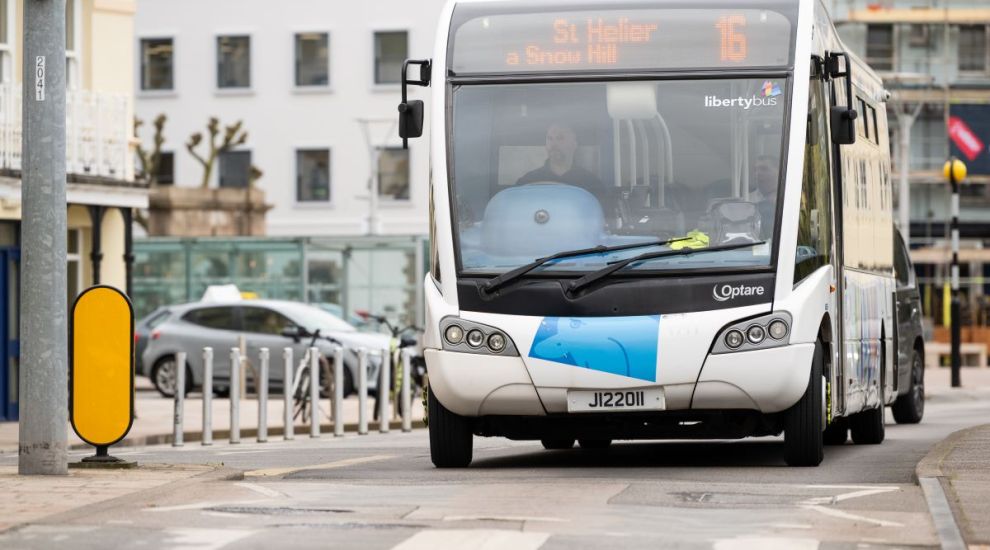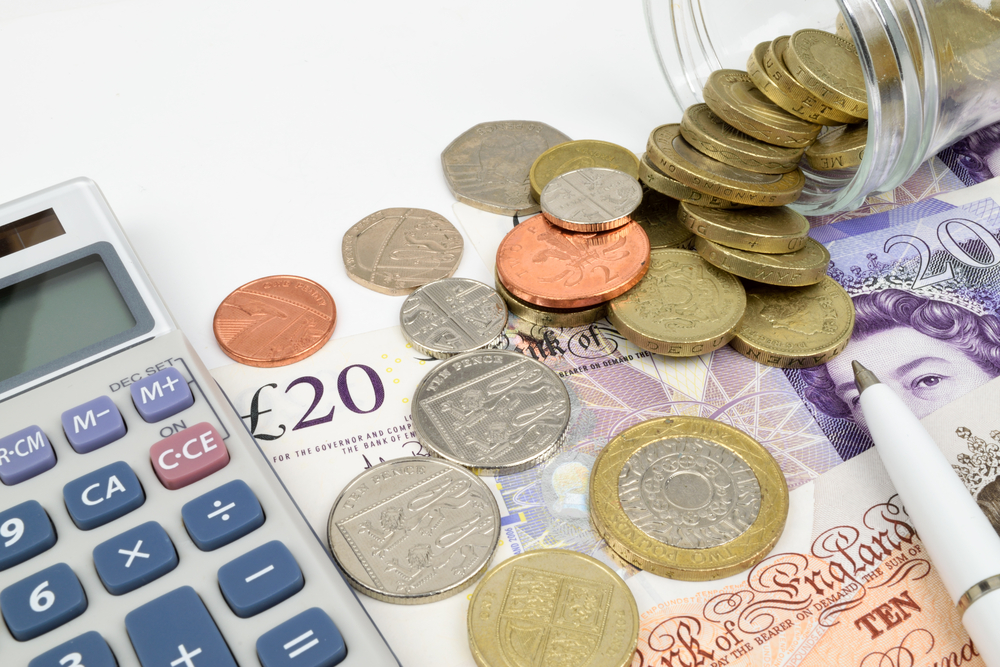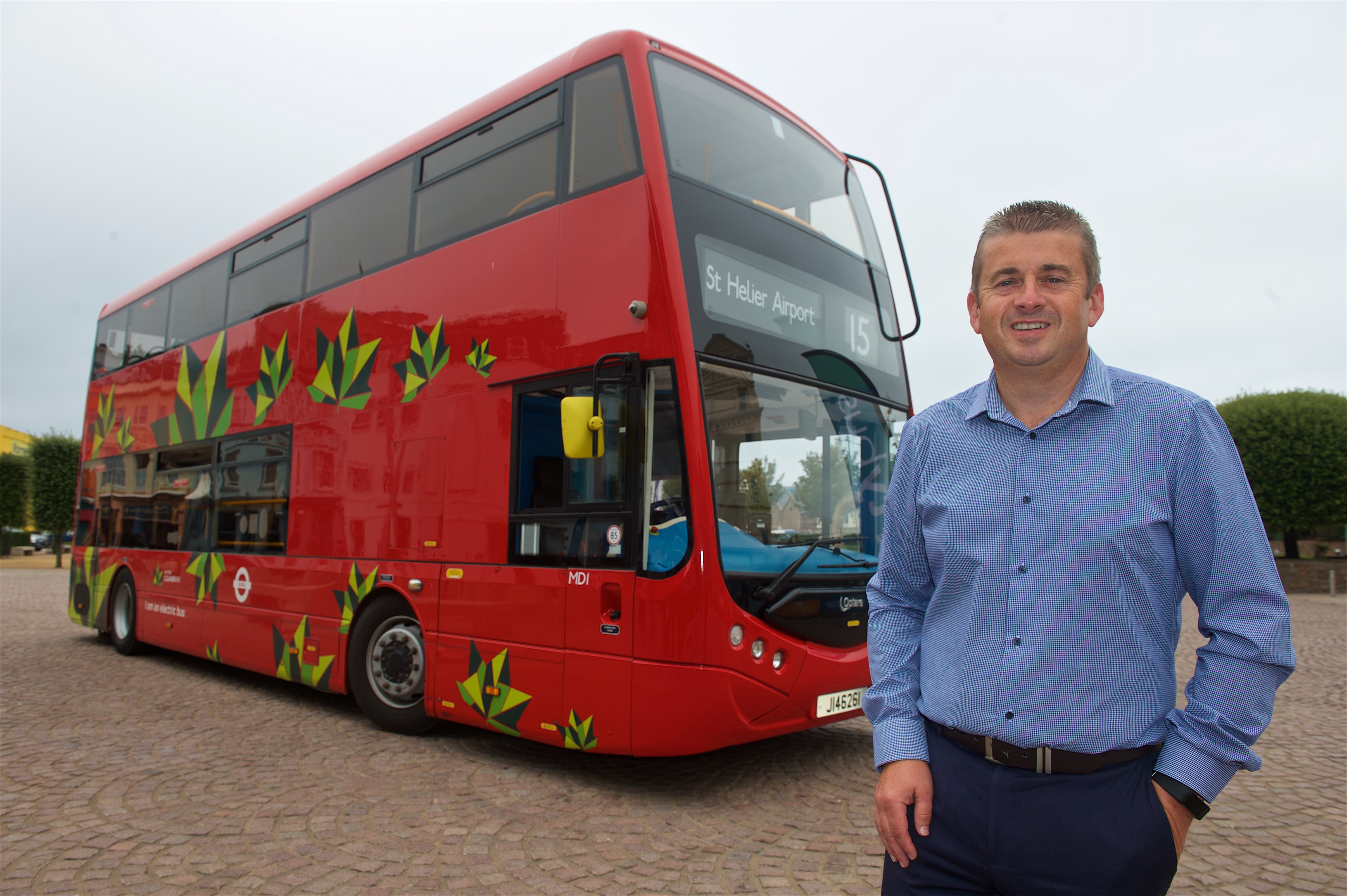


Switching to a cashless model would save LibertyBus around £65,000 annually – but there are no plans to do so unless asked by Government, according to the bus operator's director.
LibertyBus director Kevin Hart told the Economic and International Affairs Scrutiny Panel yesterday that there had "absolutely" been a movement away from cash, with only 2.5% of customers using cash currently.
The Scrutiny Panel launched a review into methods of payment last month to explore wider consumer choice in buying goods and services, and paying bills in Jersey.

Pictured: The Economic and International Affairs Scrutiny Panel launched a review into methods of payment last month.
As part of this review, the Panel is conducting hearings with service providers – such as LibertyBus – to gather information about payment methods.
Mr Hart told the Panel he would be in favour of moving to a cashless system, but said that he was not currently aware of any "appetite" from Government, who would need to be the ones asking for the change.
He said: "I think that would be great. We could go cashless tomorrow – it would be good for us."
The Panel heard that cash payments account for just 2.5% of all LibertyBus fares but costs the operator £65,000 a year to process.
After processing costs, the company makes 72p for every £1 it takes in cash.

Pictured: Kevin Hart came to Jersey in 2012 to help set up LibertyBus in the island. (Rob Currie)
He added: "I would love to get rid of £65,000 worth of costs each year, but the cash fare is the bear that the Minister controls.
"So I think that's more of a question for the Minister on whether they've got an appetite to move to cashless."
The LibertyBus director explained that the information desk at Liberation Station would continue to accept cash if buses moved to a card-only payment system.
The company introduced prepaid AvanchiCards in 2013.
By 2017, 60% of users were using the cards, with the other 40% using cash. Contactless card payments were introduced in 2019.
Mr Hart explained that the Covid-19 pandemic in 2020 was the "catalyst" for an increase in cashless payments.
"That was the catalyst for the complete change of cash falling to the floor," he said.
He explained that the Government had asked LibertyBus to stop accepting cash during the pandemic. The bus company was also among the first to reintroduce cash when asked to.
Mr Hart said that handling cash costs the company £40,000 a year in payroll, as drivers are paid for three minutes a day of handling cash.
Before Covid, they were paid for five minutes of handling cash each day.
Currently, bus passengers can choose between pre-loading their AvanchiCard or app with tickets at £2 per ticket, paying £2.35 for a single ticket using contactless, or paying £2.80 in cash on the bus.
But Mr Hart insisted that "there isn't a premium for using cash".
"The cash is the base fare, that's what the Minister approves," he explained.
Asked whether this risked marginalising elderly islanders, Mr Hart said that LibertyBus already had concession cards giving them free bus travel.
These cards are also free to replace, "unless they continually lose them".

Pictured: Deputy Montford Tadier is Chair of the Economic and International Affairs Scrutiny Panel.
Panel Chair Deputy Montford Tadier asked about some further potential marginalised islanders.
He said: "For example, you could have somebody who lives at First Tower who works at the Airport, or they live in St Ouen and they need to go to St Aubin or First Tower on a regular basis.
"No interest or need to come into town. They don't have a bank account for whatever reason.
"How do those discounts help them?"
Mr Hart replied that "we can only do so much", explaining that the discounts only help if people can come into town or pay by card in the app.
He added that he wouldn't want to allow card top-ups on the bus as this would slow journeys down.
The LibertyBus director also stressed that many businesses had stopped accepting cash or only accepted cash at certain tills, and that buses in Guernsey had switched to being cashless in 2021.
He added: "Most of us will embrace the technology and enjoy the convenience it gives us... apart from when your phone runs out of charge, which is not a good thing."
Islanders asked to share views on payment methods
Comments
Comments on this story express the views of the commentator only, not Bailiwick Publishing. We are unable to guarantee the accuracy of any of those comments.